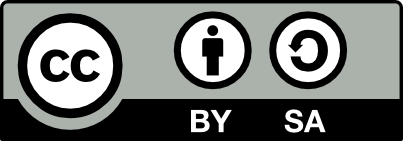Auto-censura (self-censorship) – an ordinary and integral part of research life(?) Work in Progress in a form of an essay
cytuj
pobierz pliki
RIS BIB ENDNOTEWybierz format
RIS BIB ENDNOTEAuto-censura (self-censorship) – an ordinary and integral part of research life(?) Work in Progress in a form of an essay
Data publikacji: 30.08.2022
Zoon Politikon, 2022, 13/2022, s. 130 - 174
https://doi.org/10.4467/2543408XZOP.22.005.16308Autorzy
Auto-censura (self-censorship) – an ordinary and integral part of research life(?) Work in Progress in a form of an essay
This work-in-progress paper paves future research regarding the practice of autocensura (self-censorship). Starting from auto-biographical experience, the text shifts into a more theoretical reflection about this part of the scholarly work, which is hidden and unstudied. The working definition of the analyzed phenomenon aims to open an academic discussion about this practice. The paper ends with the call for testimonies and participation in the study.
Informacje: Zoon Politikon, 2022, 13/2022, s. 130 - 174
Typ artykułu: Oryginalny artykuł naukowy
Publikacja: 30.08.2022
Status artykułu: Otwarte
Licencja: CC BY-SA

Udział procentowy autorów:
Korekty artykułu:
-Języki publikacji:
AngielskiLiczba wyświetleń: 838
Liczba pobrań: 620